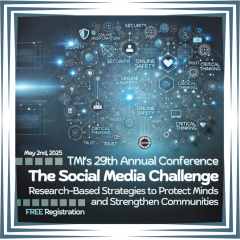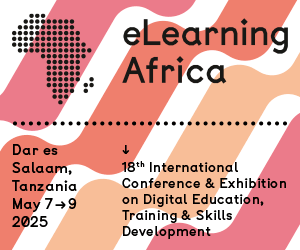Dialogue
The Potential of Open Educational Practices
 Brussels (B), June 2010 - Can increased use of ICT and new media, self-regulated learning, and the intelligent use of open educational resources drive the creative learning experience? Roberto Carneiro of the Catholic University of Portugal offers his perspective on the Spotlight on Open Educational Practices.
Brussels (B), June 2010 - Can increased use of ICT and new media, self-regulated learning, and the intelligent use of open educational resources drive the creative learning experience? Roberto Carneiro of the Catholic University of Portugal offers his perspective on the Spotlight on Open Educational Practices.
In the previous discussion on the big shift from open resources to open practices, the following issues were raised:
- Materials intended for open use should be developed right from the beginning with 'openness' in mind.
- Do we concentrate too much on being original, creative, and 'new' rather than playing creatively and originally with something that already exists?
- Teachers are expected to think on their feet and incorporate resources, new ideas, and material that students themselves may bring in.
- There is a lot to be thought about, discussed, and clarified regarding 'openness' and what it means to be 'open'.
- OER are a novelty in African countries - and administrators have yet to develop their experience with them to see how policies can be shaped to support uptake.
Roberto Carneiro, Professor at the Catholic University of Portugal and former Portuguese Minister of Education highlights the role of open educational practices in both innovative learning and in learning for innovation in order to enhance creativity in society. He asks:
- Can we inspire a sustainable spiral of knowledge generation, sharing, and regeneration embodied both in new knowledge objects and new learning subjects?
- Do open educational practices conceal the potential to unleash the latent productive and creative energies of people in organizations in order that ICT and new media finally fulfill their promise to enable and empower vibrant learning communities of practice?
- How should we define a 'competent learner of the future'? Is it someone who is endowed with the mastery and use of a whole new range of generative learning competences?
- Would enhanced skills in self-regulated learning and social learning spark a change in the pace of uptake and diffusion of open educational practices?
- How do we achieve a renewed web 3.0 that would allow the intelligent use of open resources to become a truly transformative and creative learning experience?
- The Open Educational Quality Initiative (OPAL) is a partnership among seven organizations including ICDE, UNESCO, and ICDE member institution, the Open University UK. The project is partially funded by the European Commission Education and Training Lifelong Learning Programme.










